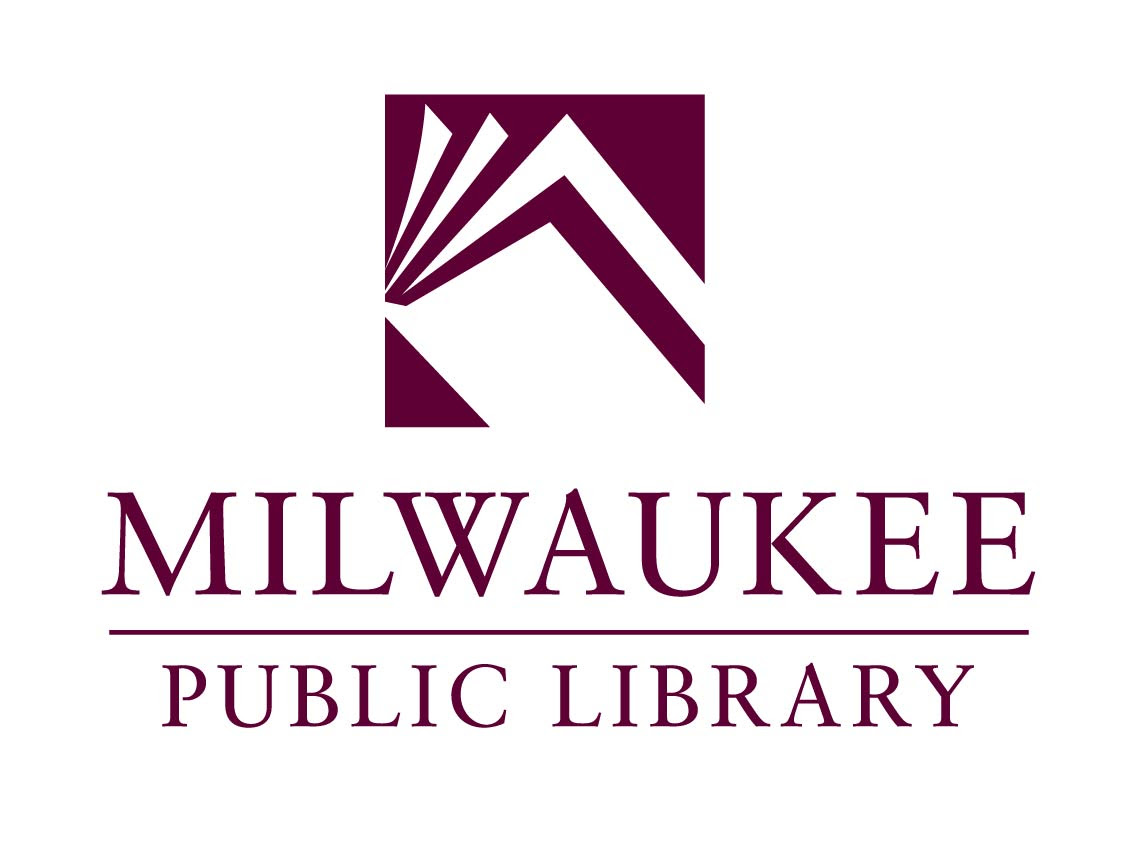You Don't Need Proust to Smell Good
Prompts Against Anxiety #37 | from Elizabeth Hoover, a poet and essayist based in Milwaukee.
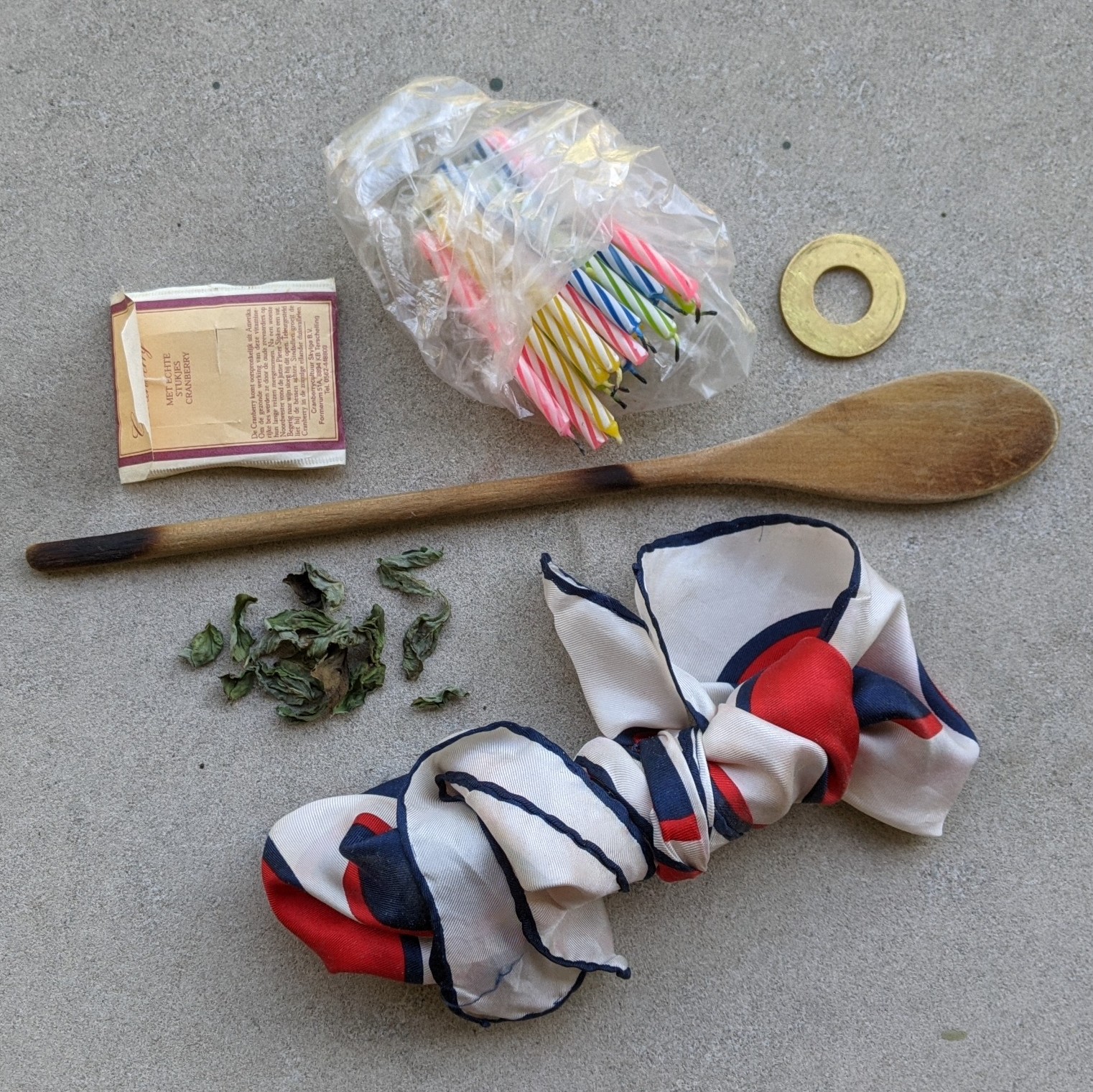
Photo by Marla Sanvick
Long before the pandemic, I developed screen fatigue. I won’t stare at a glowing device unless I absolutely have to for work. At first that meant I fell out of touch with friends; I left emails unanswered or drifted away during group Zooms. But then I stopped using tech to stay in touch and started exchanging letters. I love selecting the perfect card and slipping copied-out poems, stickers, or bookmarks to fill out the envelope. It feels more intimate to power down and curl up with a letter. I like to take my time opening the missive so I can appreciate the sound of paper ripping, and unfolding a card dimly resembles the experience of touch—hugging or shaking hands before we start to speak. But something is still missing, some aspect of presence is still absent.
The other day I received a postcard from a friend who blends her own perfumes, choosing which oils to employ based on her mood. I instinctually lifted the postcard to my face, but—alas—it only smelled like paper. (Yes, I know, keep things away from your face!) When Judith Butler describes being undone by another, they write “we are undone in the face of the other, by the touch, by the scent, by the feel, by the prospect of the touch, by the memory of the feel” (emphasis mine). I realize I miss certain smells: my friend’s wild (and sometimes unsuccessful) perfumes, the mustiness of a used book store, the sweet yeasty steam at the bakery, the almost nauseating burnt pungency of my local coffee shop.We all know how closely scent and memory are intertwined—how vibrant memories are when conjured by smell. (I still retch at the reek of bleach because it takes me back to a particularly disgusting task I did as a bartender. . . .) Despite this vibrancy, I find smell to be the most difficult sense to describe. Perhaps this is because it tends toward synesthesia. We smell in colors, according to some scientists, and taste and smell are almost twins. So whenever we try to describe a smell, we often reach for words that are usually attached to sight, taste, or even sound. Smell is the weakest sense, but it can be strengthened like a muscle, according to some experts. The key is to pay attention, noting all the aromas around you.
Here is a prompt to help access an untapped collection of language by focusing on smell.
Step 1: Gather sources of scents throughout your home. Riffle for the under-used spices, crush a leaf from a houseplant, grab a bottle of some product you rarely use in your medicine cabinet, reach into the bottom corner of your sweater bin, etc. Try for at least five objects.
Step 2: Arrange these objects in front of you on a table or the floor and close your eyes.
Step 3: Pick up one at random and breathe in its smell.
Step 4: Open your eyes (or don’t) and list as many words as you can in 5 minutes. Try to write the entire time. A timer could be helpful here.
Step 5: Repeat.
Step 6: Craft a poem or a piece of writing from the lists of words or just use this as an exercise to “sharpen” your description skills.
Prompts Against Anxiety is sponsored by Milwaukee Public Library, an anchor institution that helps patrons read, learn, and connect—to our resources and our community. Now more than ever, stay connected, stay home, and stay safe.
More from this series
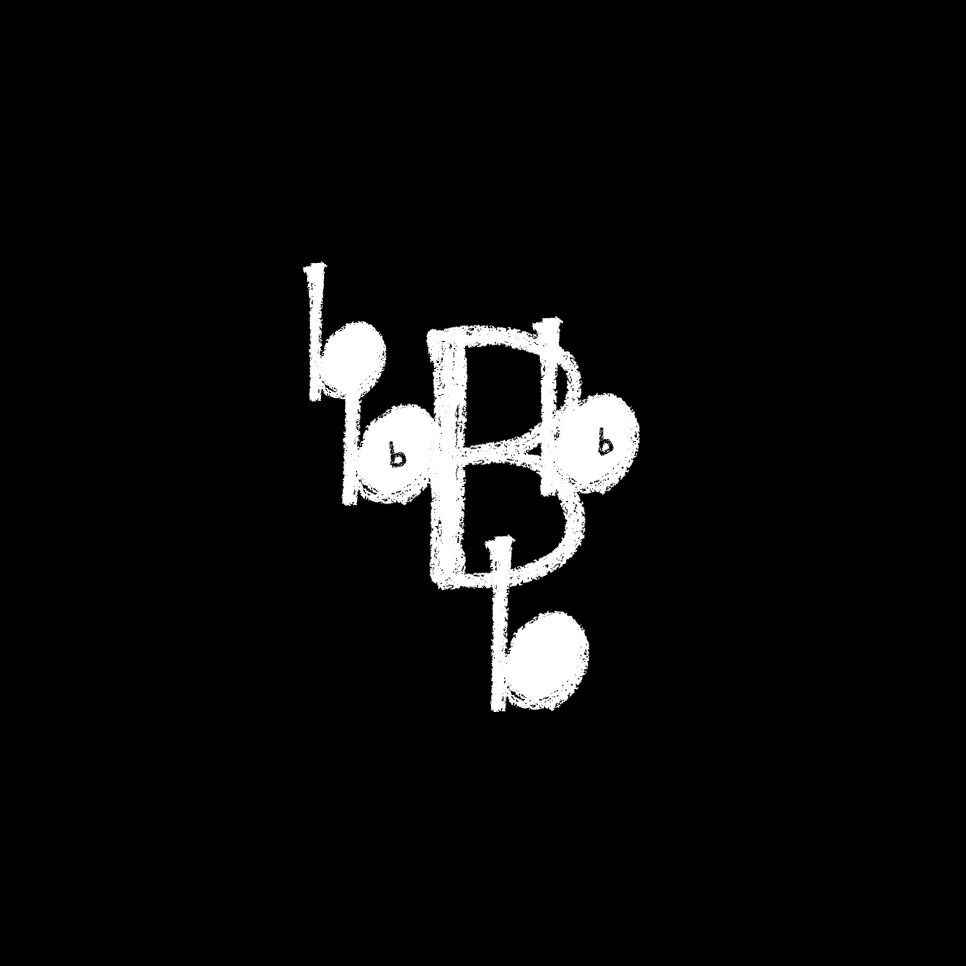
The Word was in the beginning but it is made of letters.Prompt #40—giovanni singleton

Write in NaturePrompt #39—Oogie Push
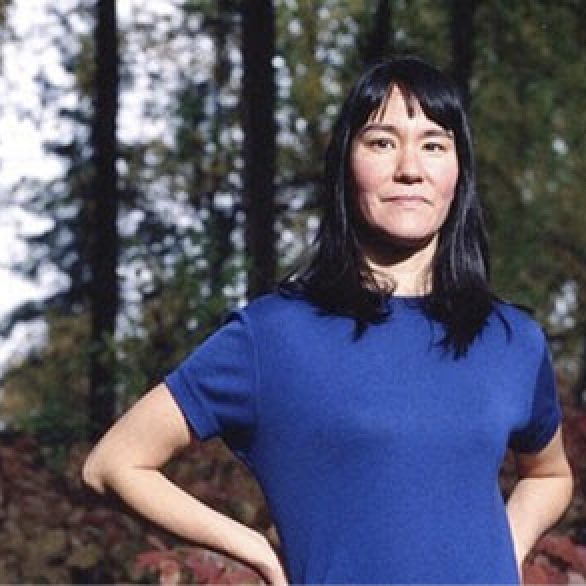
Real FoodPrompt #38—Joan Kane

You Don't Need Proust to Smell GoodPrompt #37—Elizabeth Hoover
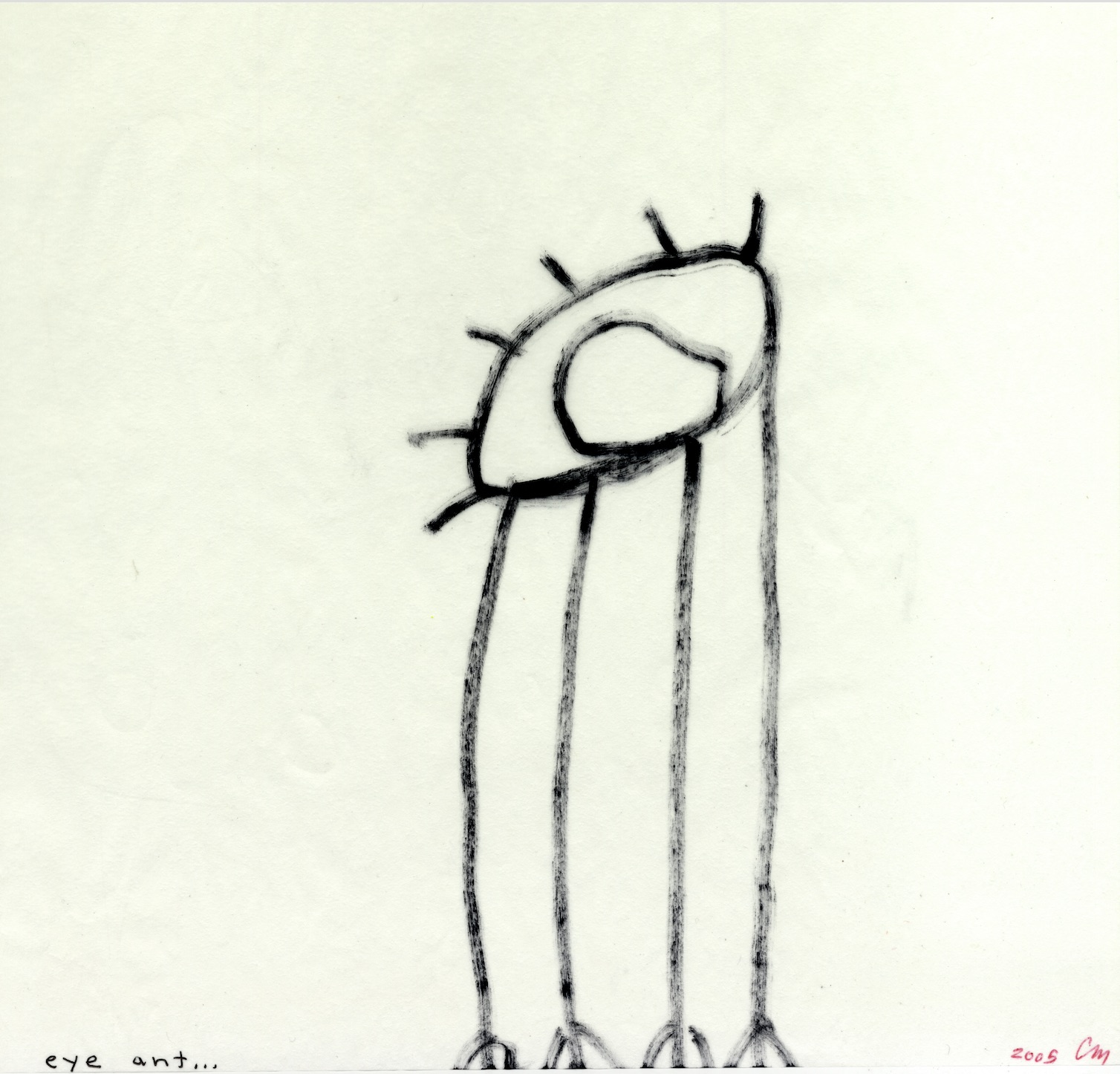
Find Your Own FormPrompt #36—Sawako Nakayasu

Tarot Recall: A Visionary Exercise for the PresentPrompt #35—Laurence Ross

Queers in Love at the End of the WorldPrompt #34—CJ Scruton
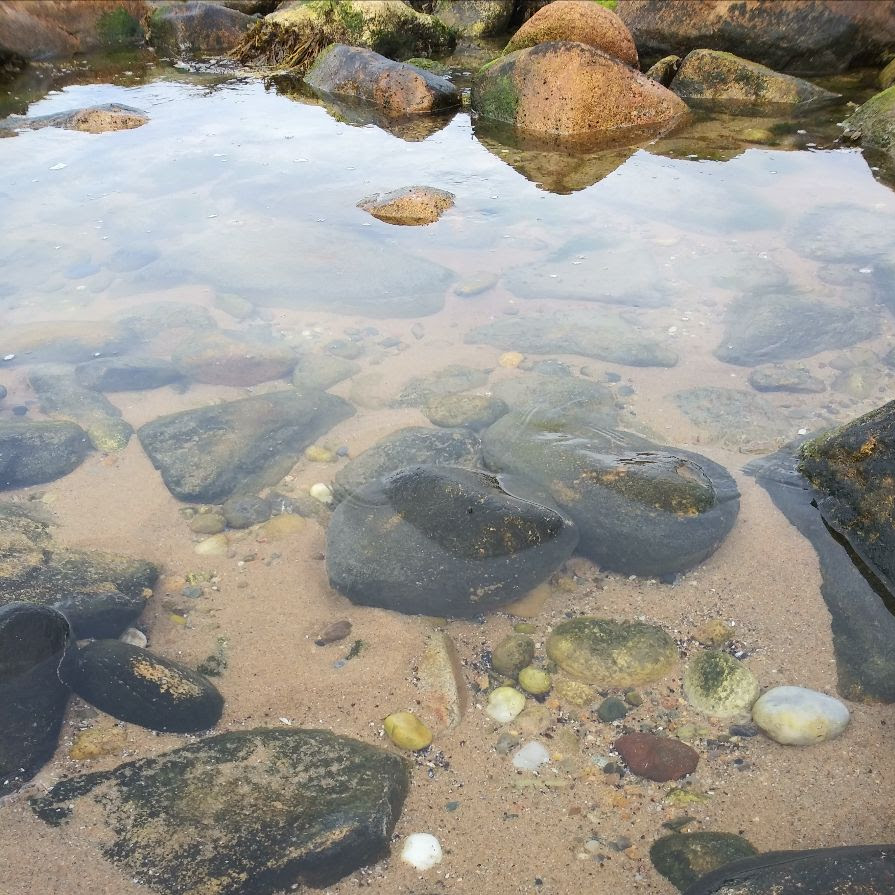
WORKBOOK FOR CHANGE: TWO PROMPTSPrompt #33—Kate Schapira
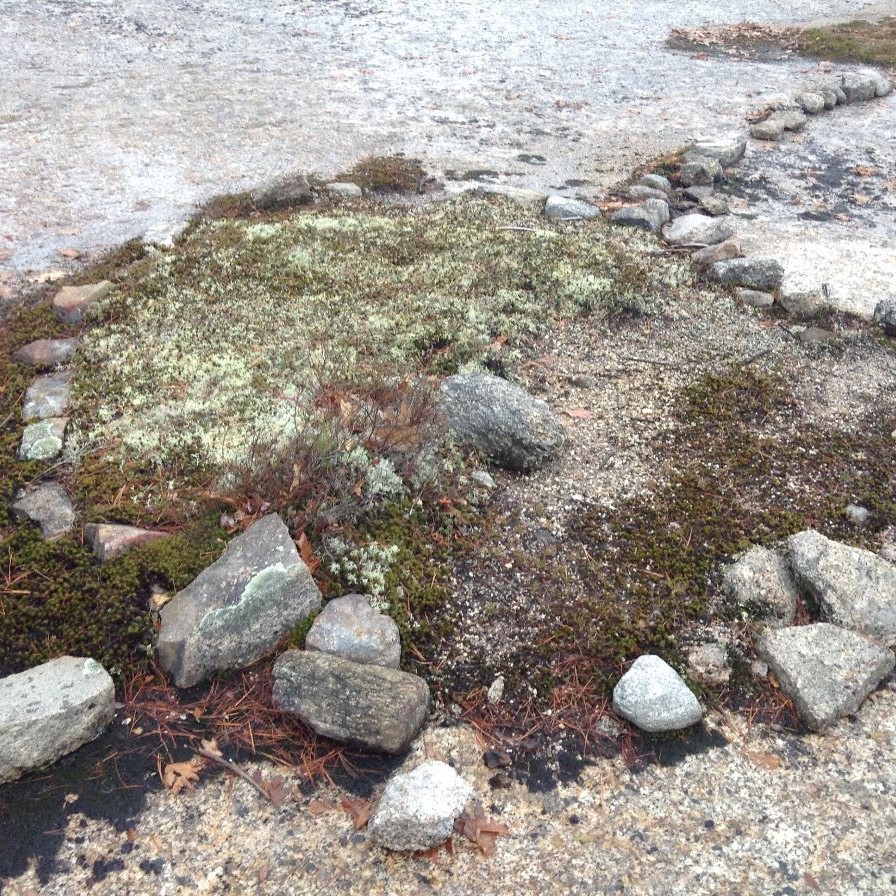
Preparation for the PromptPrompt #32—Lisa Fishman

Collage Your Own Writing PromptPrompt #31—Helen Hofling
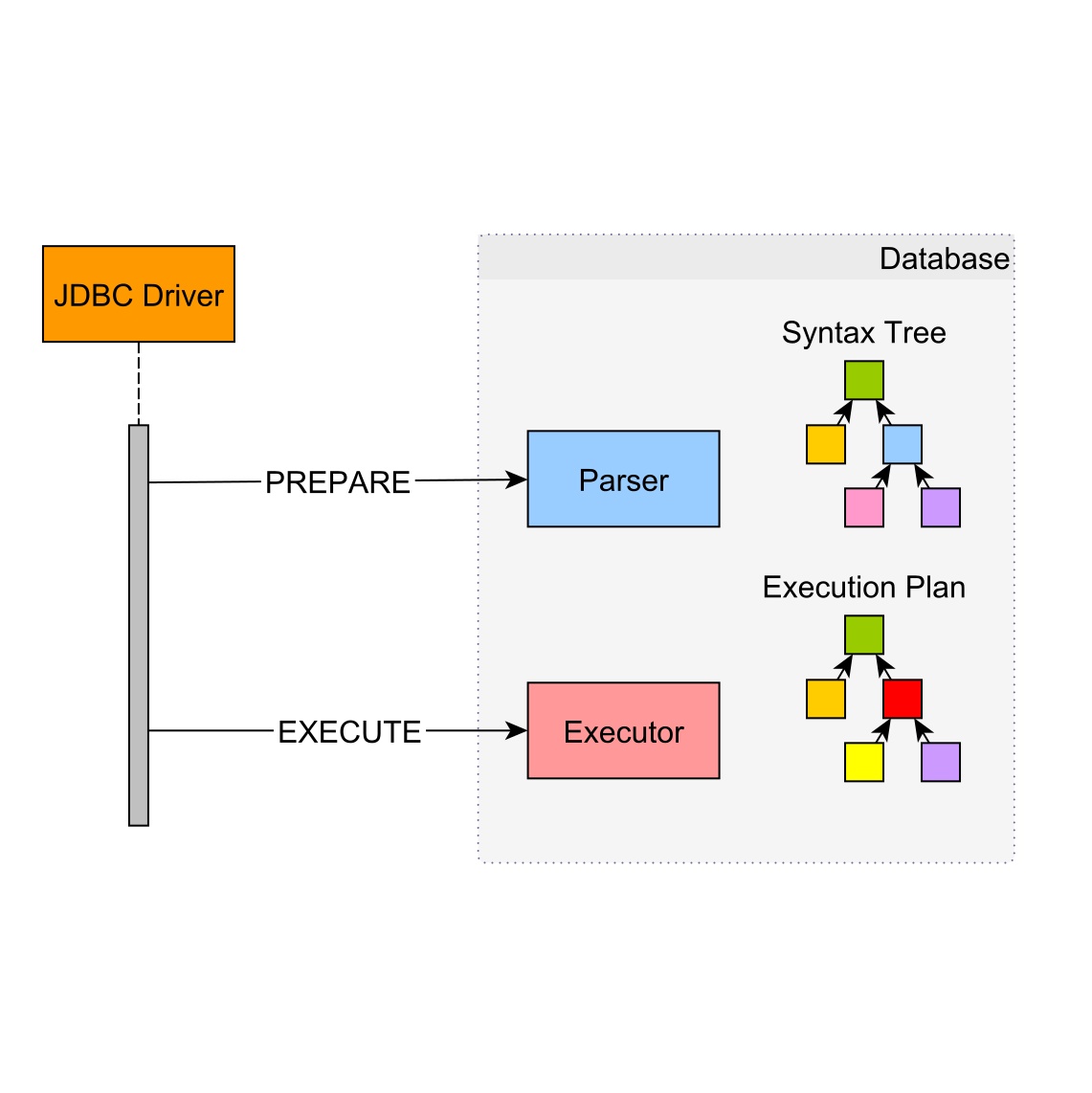
Prepared StatementPrompt #30—Mike Hauser
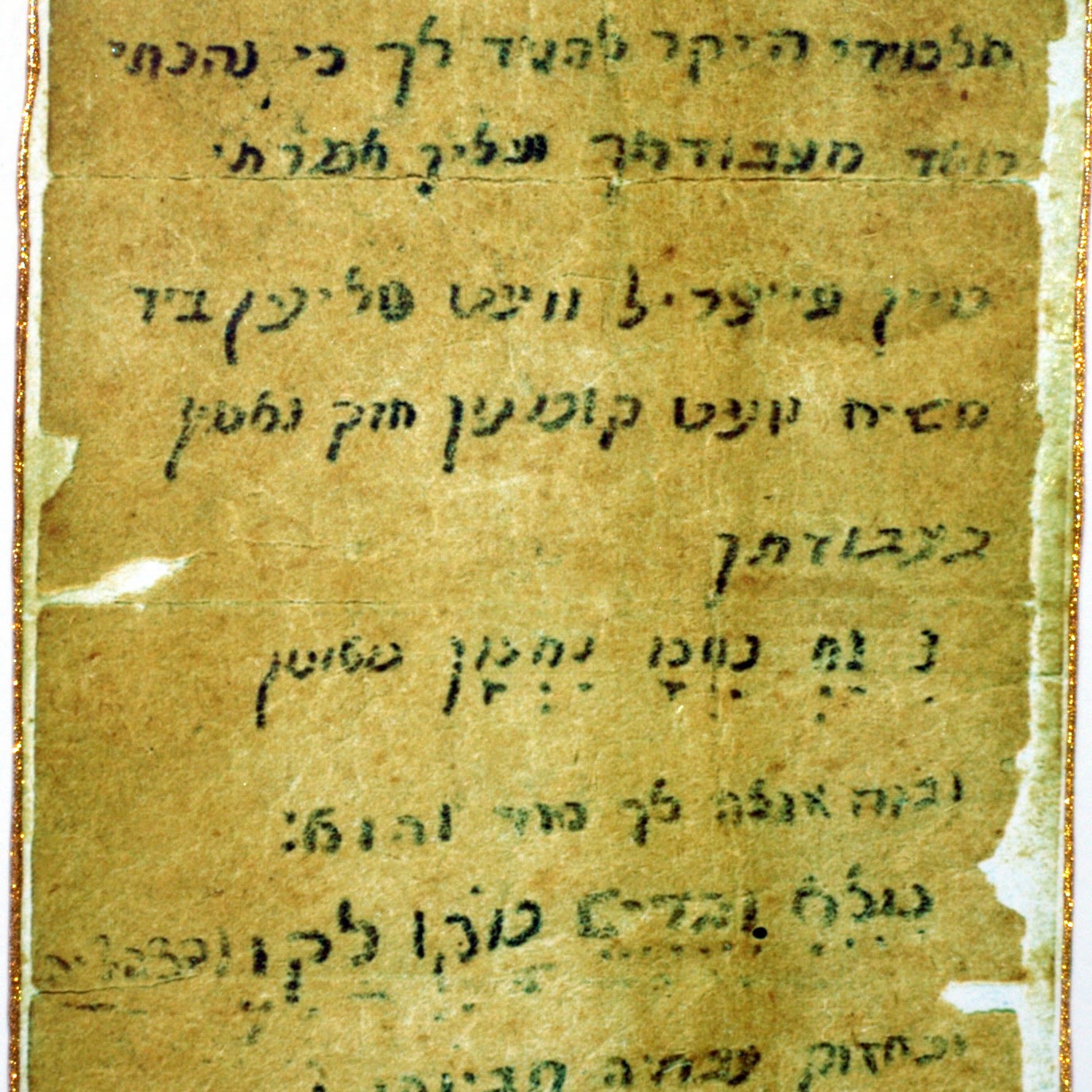
Repeat Repeat WritePrompt #29— Lewis Freedman
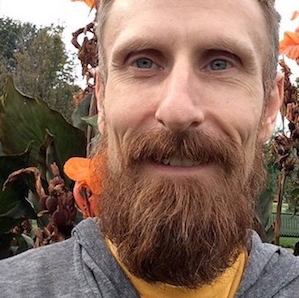
Poetic CorrespondencePrompt #28—Eric Baus

EKPHRASIS YOURSELFPrompt #27—Jennifer Nelson
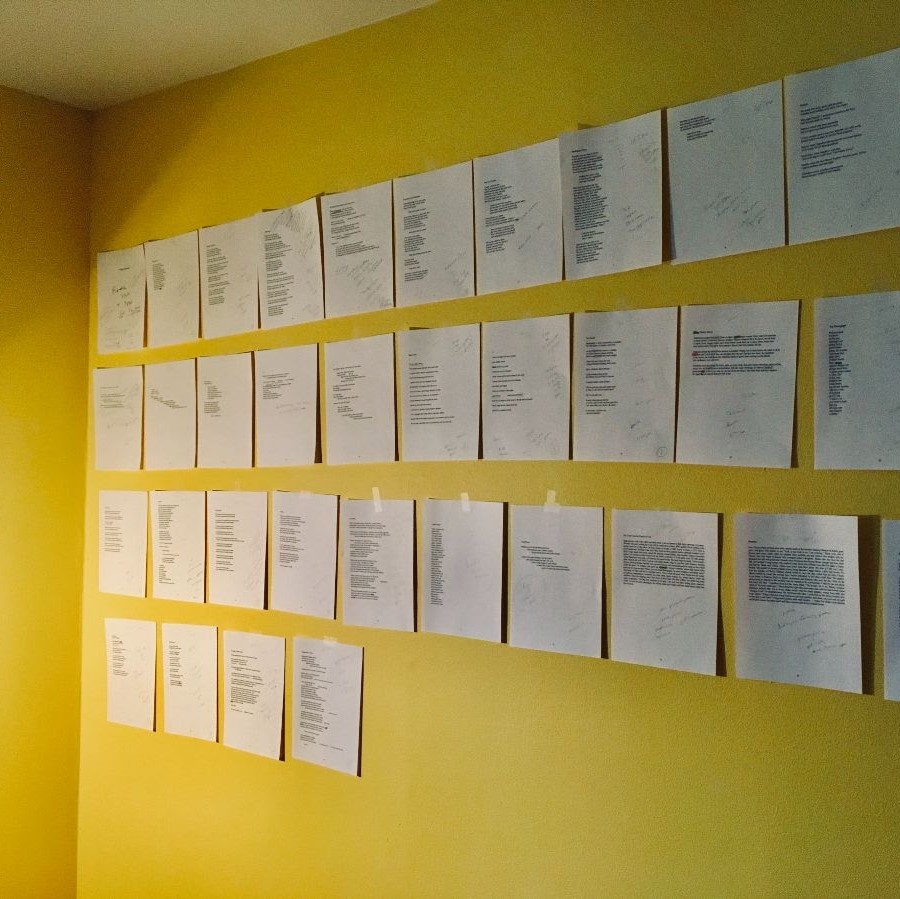
POETRY IS FOR THE PEOPLEPrompt #26—Angela Trudell Vasquez
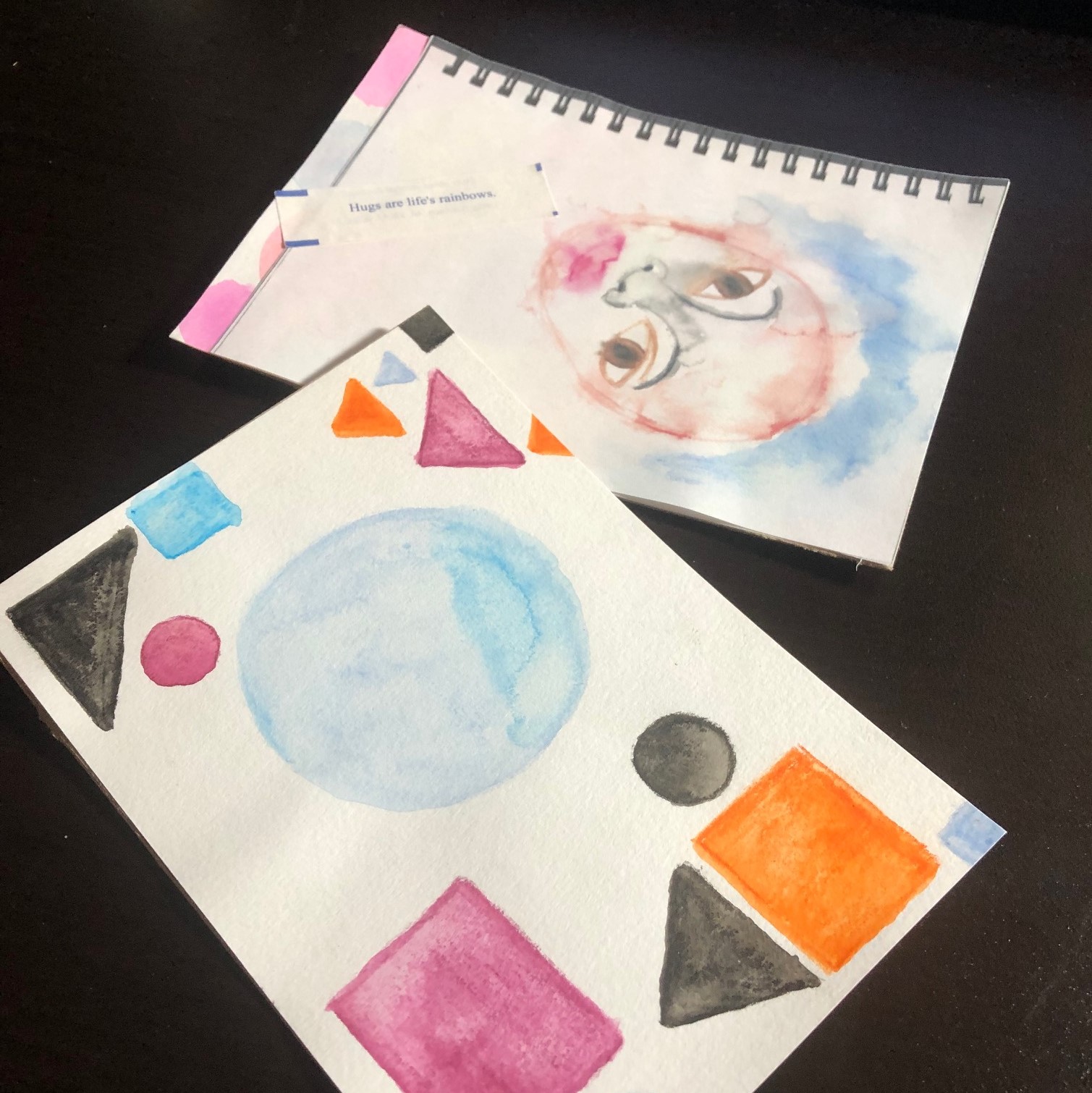
MAIL ARTPrompt #25—Siwar Masannat
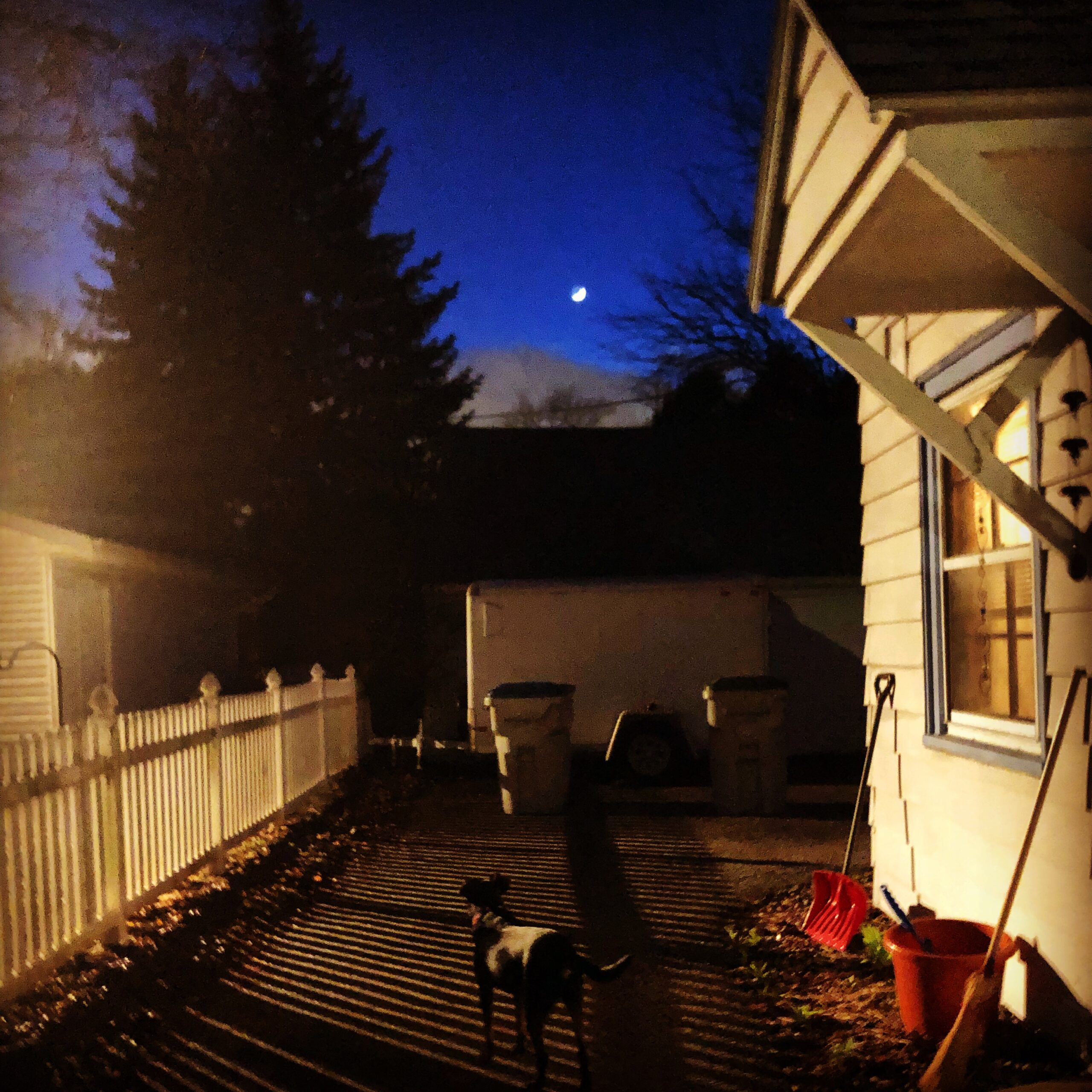
VISUAL POSTCARDSPrompt #24—Portia Cobb
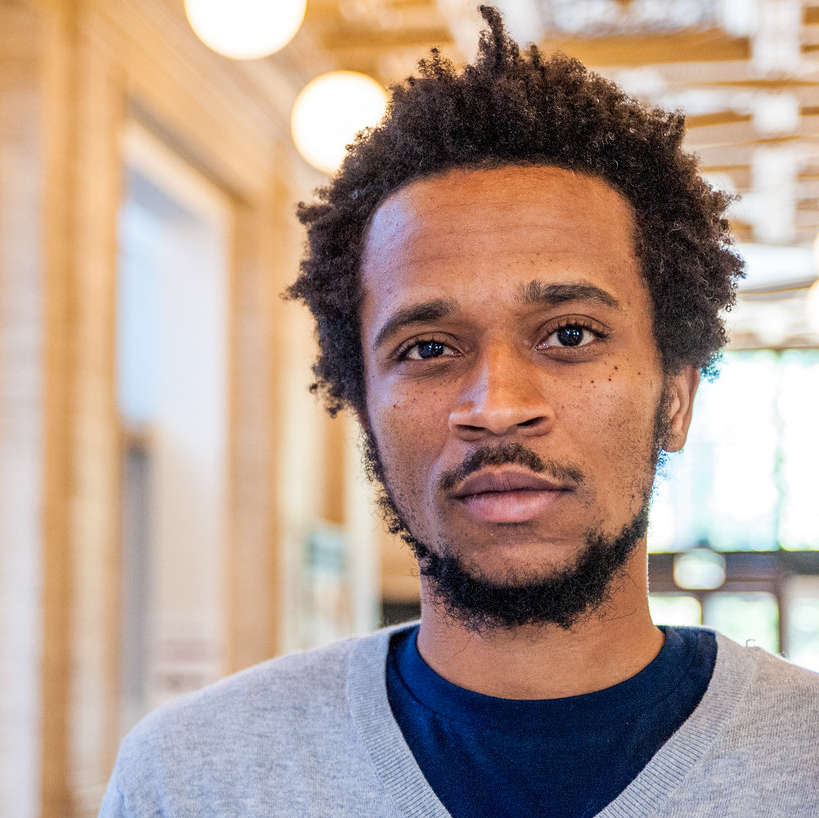
A [LONGER-TERM] DEEP LISTENING PROMPTPrompt #23—Jibade-Khalil Huffman

Humor as Medicine for the SoulPrompt #22—Mauricio Kilwein Guevara

Personification: A Social Justice PromptPrompt #21—Derrick Harriell

Ponge ExercisePrompt #20—Tyrone Williams
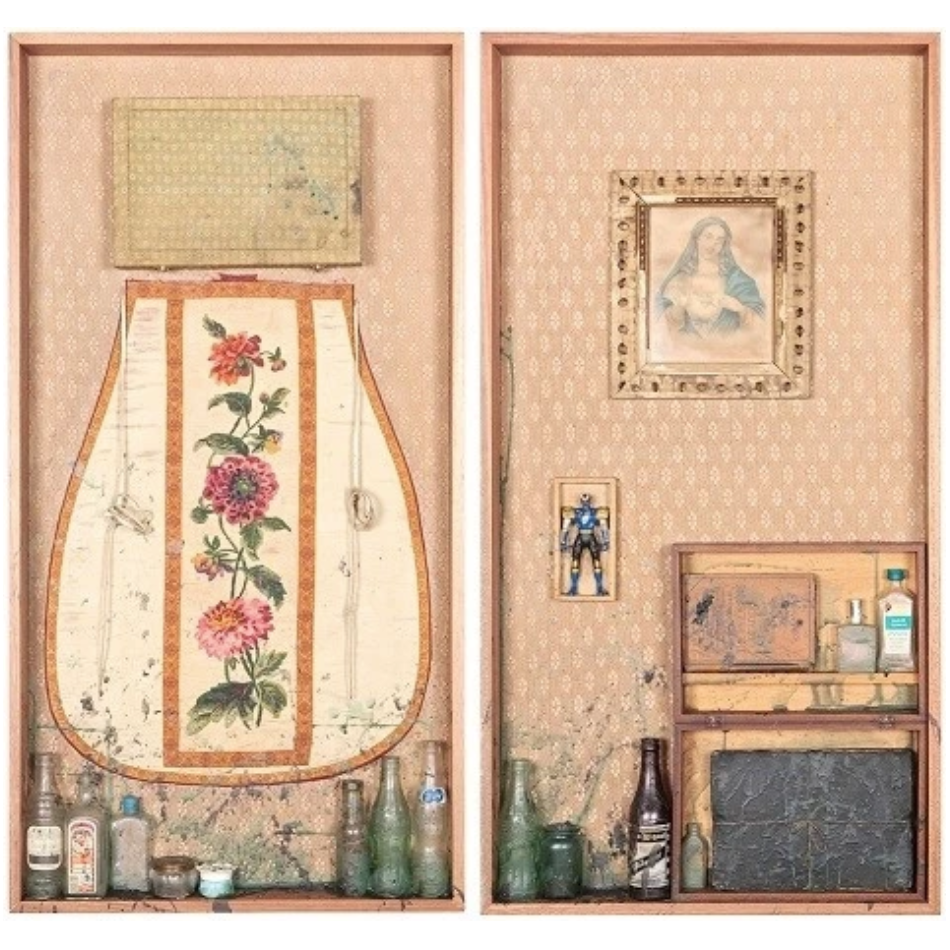
Occult DocupoesisPrompt #19—Kimberly Alidio
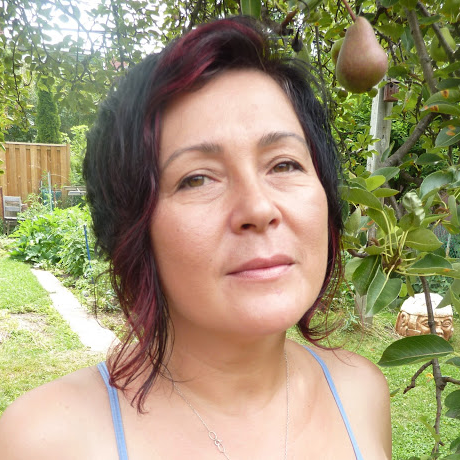
Junk Drawer SongPrompt #18—Hoa Nguyen

TALK TO THE POETSPrompt #17—Stacy Szymaszek
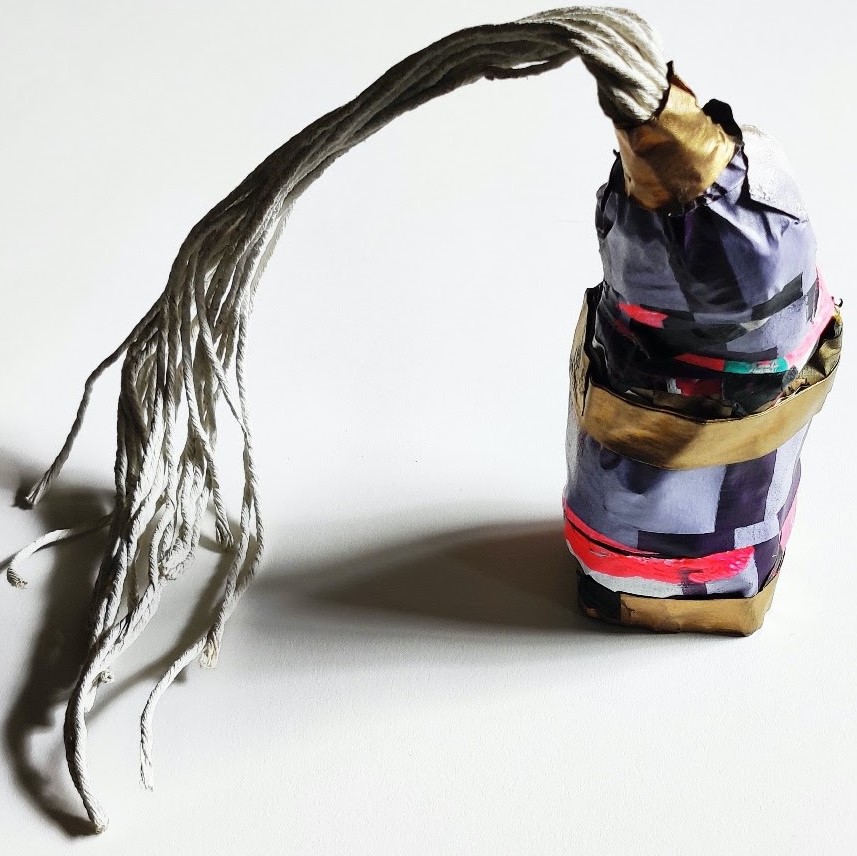
Make-Do Origin Stories & Concrete FuturesPrompt #16—Ching-In Chen

The Family PhotographPrompt #15—Rosa Alcalá
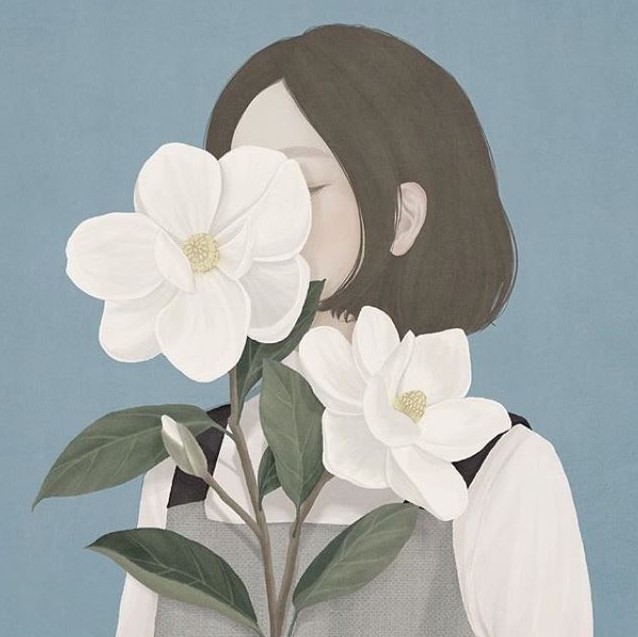
Writing Advice for Your Younger SelfPrompt #14—E.J. Koh
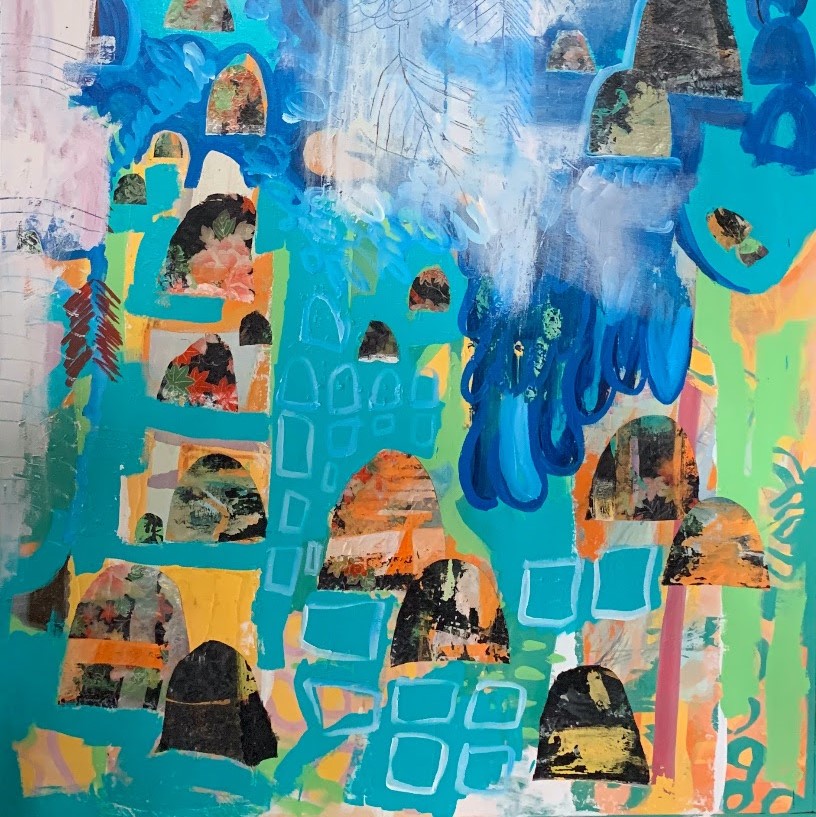
Note(s) to SelfPrompt #13—Stacy Blint
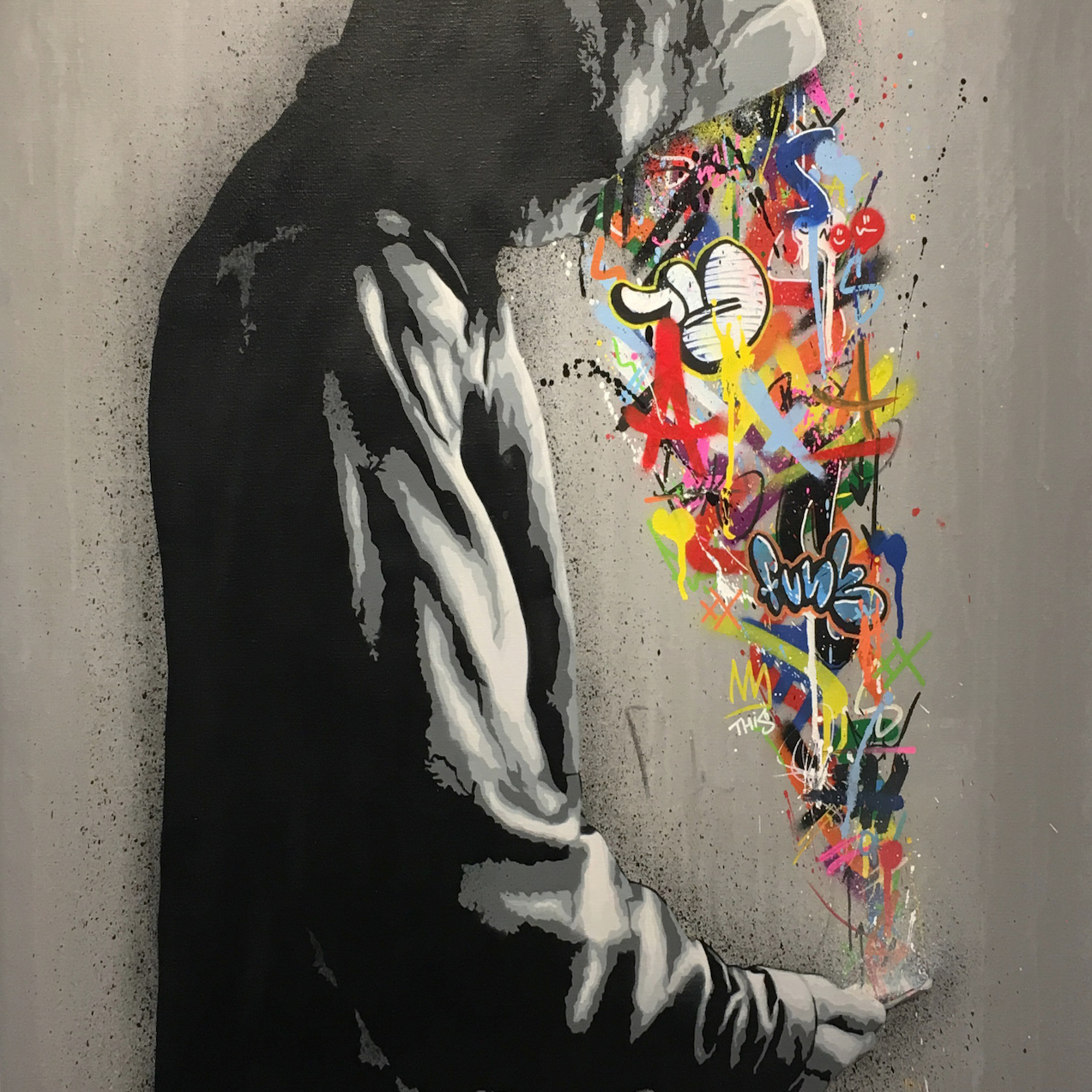
Embracing ConfusionPrompt #12—Bryon Cherry
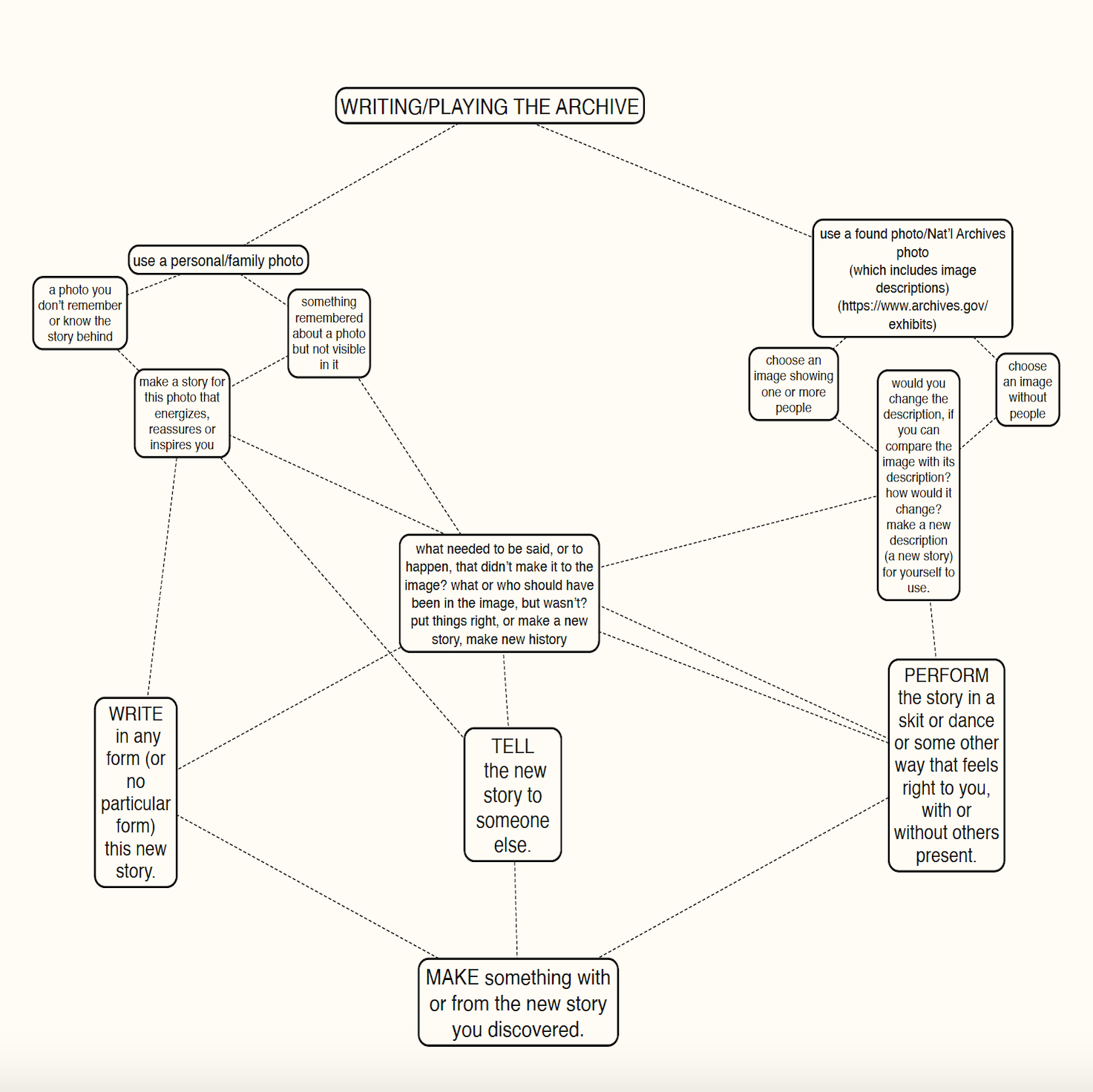
Writing/Playing the ArchivePrompt #11—Jay Besemer

CAPTURED & FREEDPrompt #10—Dasha Kelly Hamilton
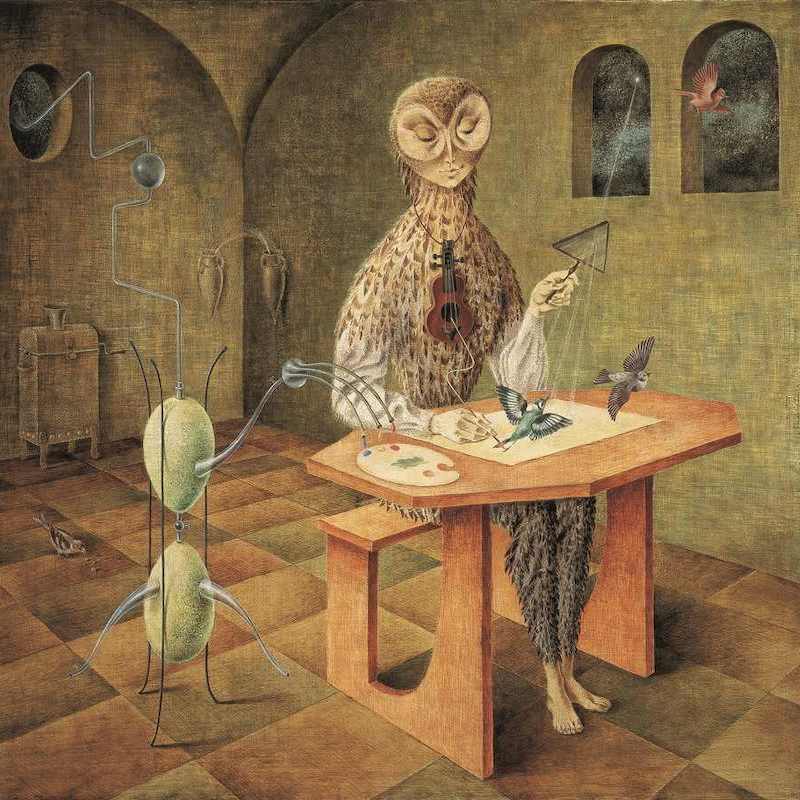
Poetic Exit StrategiesPrompt #9—Ana Božičević
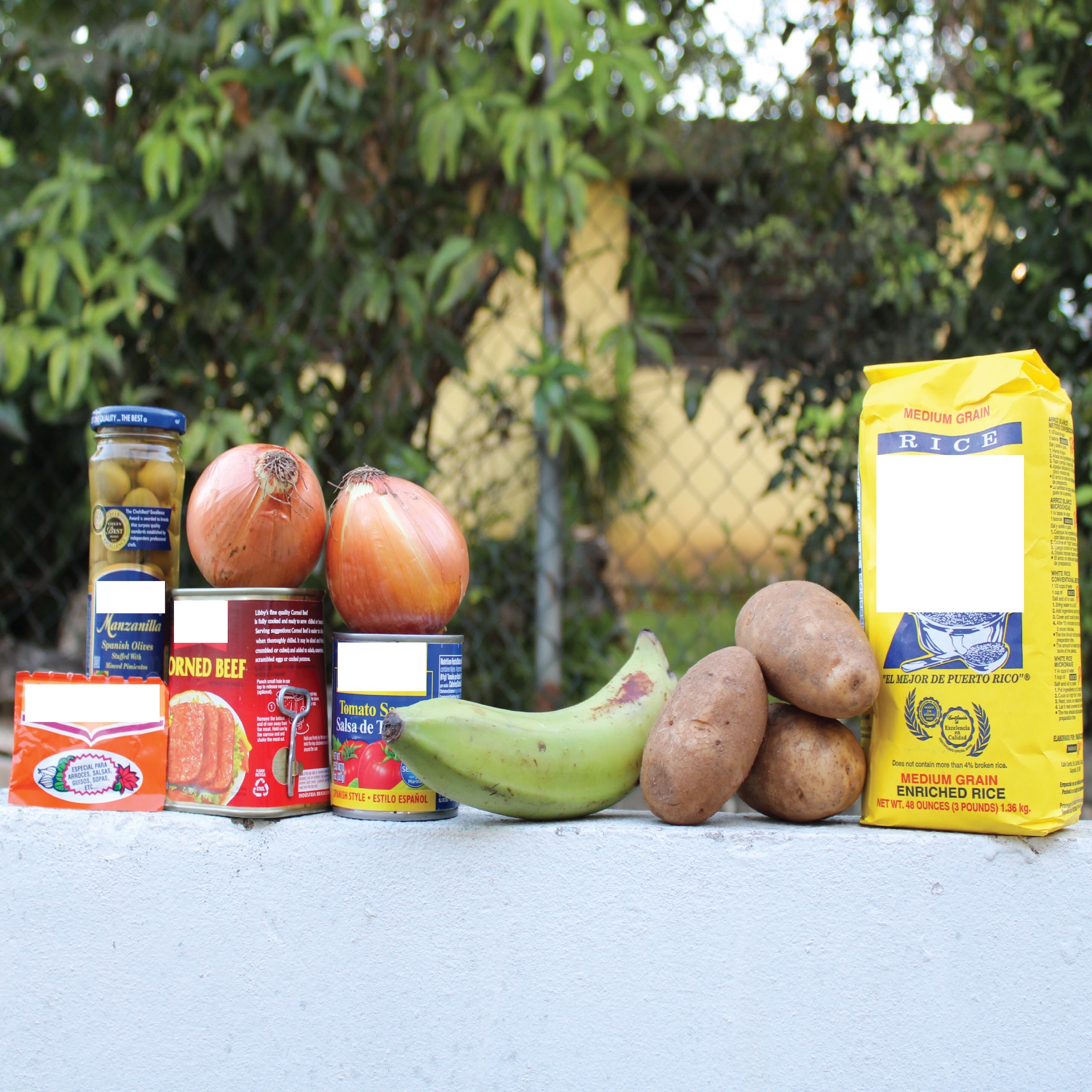
Proyecto ConbífPrompt #8—Erick "CK" Ledesma
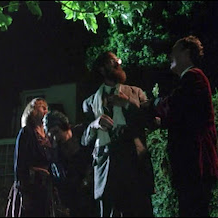
TRILOGYPrompt #6—CA Conrad

Utopian CompromisePrompt #7—Paul Druecke
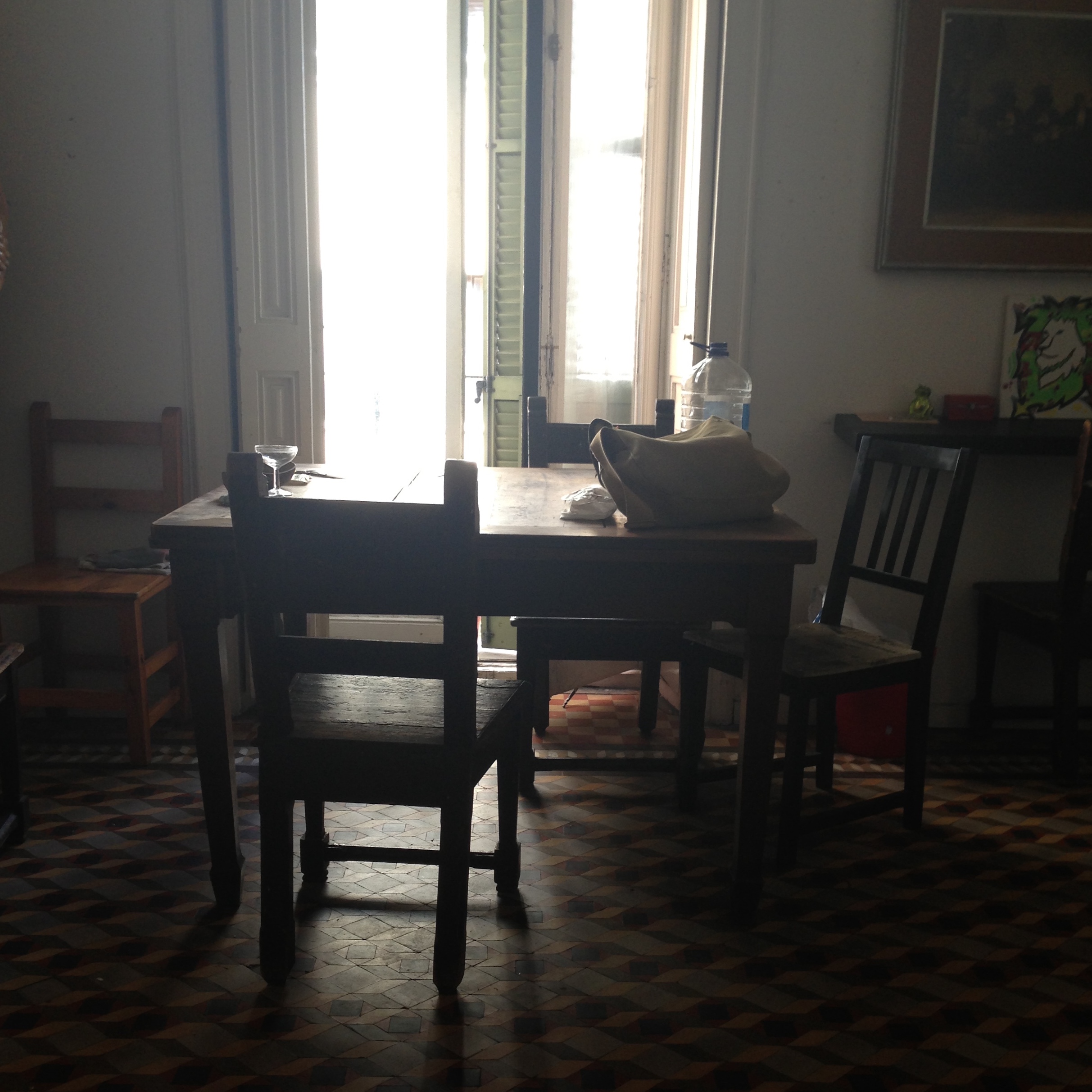
A Series of RoomsPrompt #5—Laura Solomon
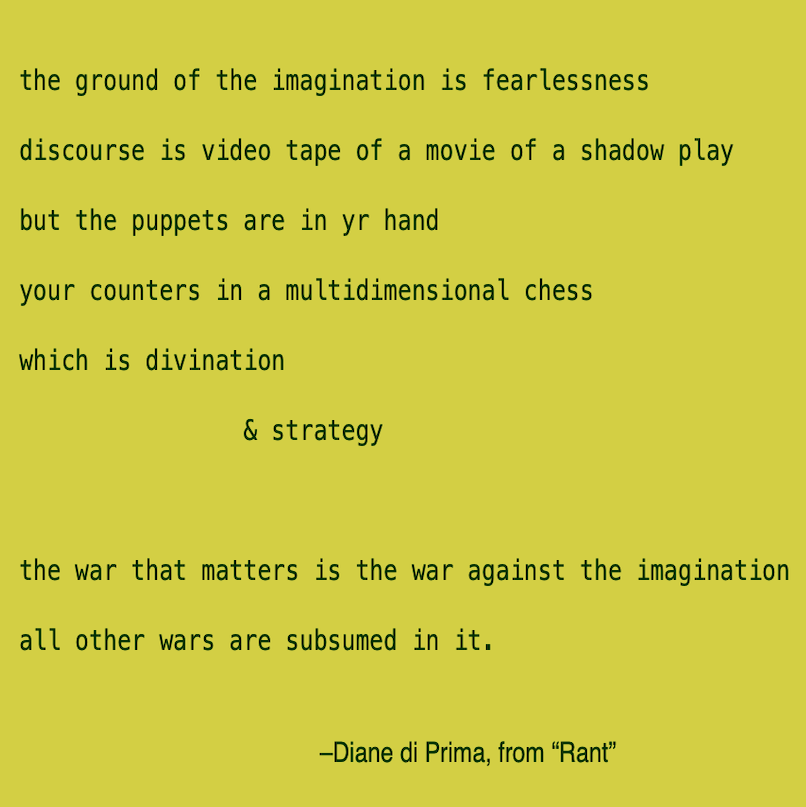
Two Variations on N+7Prompt #4—Jenny Gropp
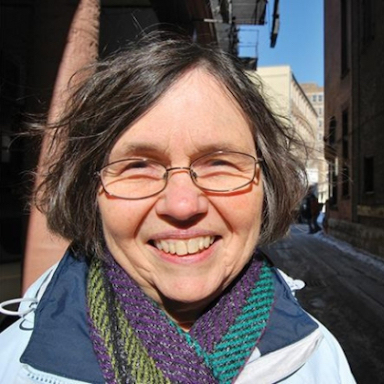
T H E A P A R T / TOGETHERPOEMPrompt #3—Margaret Rozga
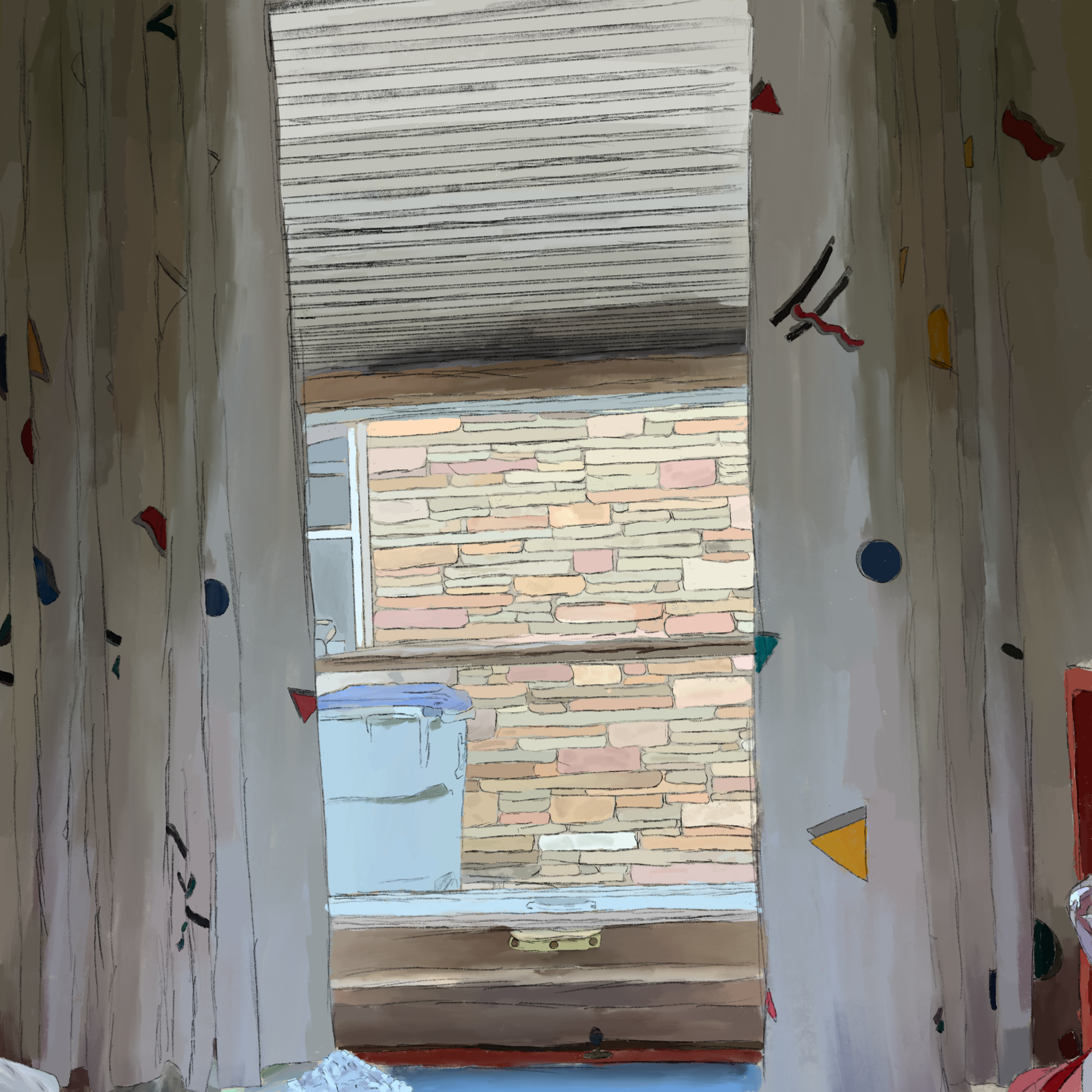
An Exercise in WindowsPrompt #2—Marla Sanvick
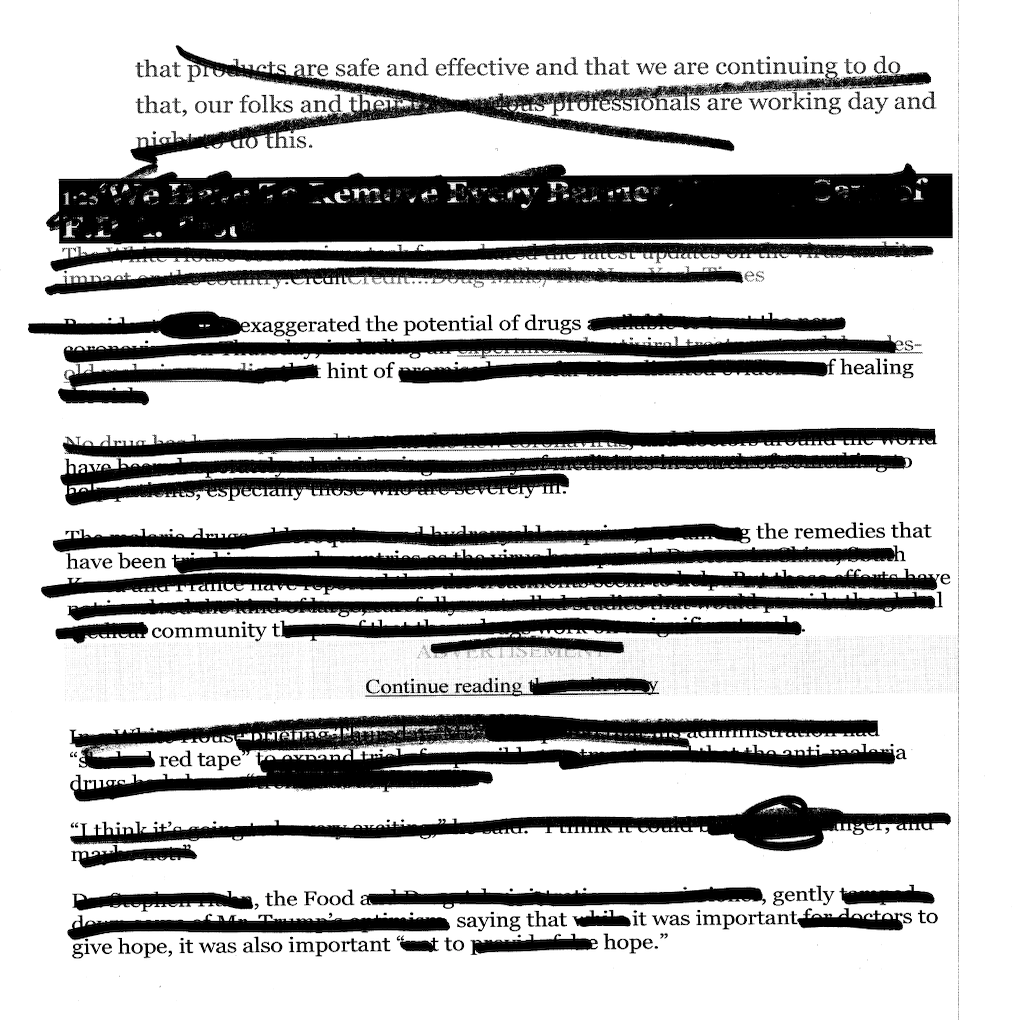
Erasuring AnxietyPrompt #1—Peter Burzynski
We acknowledge that in Milwaukee we live and work on traditional Potawatomi, Ho-Chunk, and Menominee homelands along the southwest shores of Michigami, part of North America’s largest system of freshwater lakes, where the Milwaukee, Menominee, and Kinnickinnic rivers meet and the people of Wisconsin’s sovereign Anishinaabe, Ho-Chunk, Menominee, Oneida, and Mohican nations remain present.
We further acknowledge the grave evil colonialism introduced to these lands through genocide as well as slavery, and also via racist and xenophobic beliefs, laws, and practices that continue to inflict harm upon Black, brown, and Indigenous lives. We honor those who have lived—and do live, now—at these intersections of identity and experience, and are committed to the active dismantling of white supremacy.
720 E. Locust Street
Milwaukee, WI 53212
Phone: 414 263 5001
Hours: Tues–Sun | 12-7 pm
Closed Mon
Building Accessibility: Despite the age of our physical location, and attendant limitations to access, Woodland Pattern is committed to making its programs and facilities available for as many as possible. Please call for more information.
Events Accessibility: Woodland Pattern is able to offer captioning services for its online events and with advanced notice can provide ASL interpretation for live events. Please contact us with accommodation requests and questions.
© Woodland Pattern 2025
